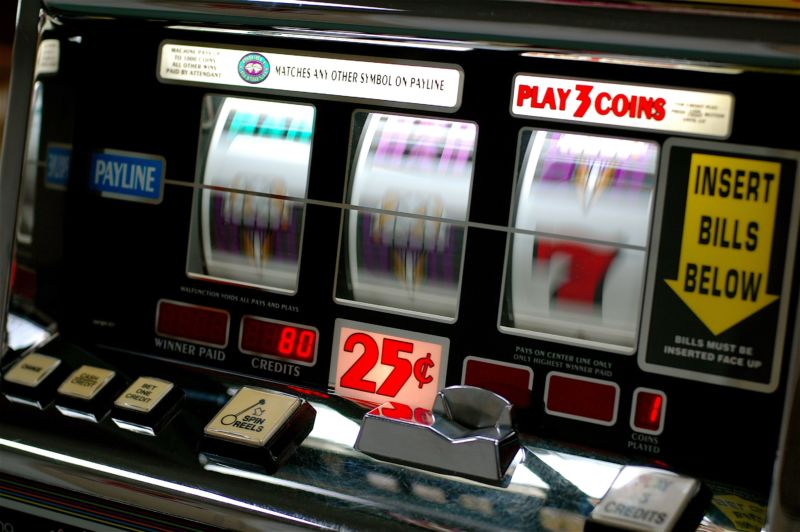
With all the controversy, scrutiny, and international regulation randomized video game loot boxes are facing these days, you might think the practice of charging players for a chance at unknown in-game items might be set for a precipitous decline. On the contrary, though, one analyst sees spending on loot boxes increasing by over 62 percent in the next four years to become a $47 billion piece of the industry. By then, loot boxes will represent over 29 percent of all spending on digital games, the analyst said, up from just under 25 percent currently.
In a newly published forecast of the global game market, Juniper Research concedes that developers are “effectively encouraging a form of in-game gambling” with loot boxes and using that addictive potential to “extend both the lifecycle and engagement of games titles to their audience.” These kinds of non-traditional money-making techniques are a practical necessity for developers squeezed by increasing costs and stagnant or declining up-front game prices, Juniper says.
“As new technologies and standards come into play, costs are ever-growing, yet game prices, in the console industry particularly, are relatively flat, leading to developers seeking new means to monetize their products,” Juniper analyst Lauren Foye told Ars. “Thus it is logical that loot box mechanics, which have proven so successful for titles such as CS:GO and PUBG, would see integration onto new, upcoming titles.”
Mobile games will drive much of the increase in loot box earnings, Foye tells Ars, with 130 million unique mobile players buying loot boxes by 2022. But Foye also sees console games as “the next to see significant disruption from loot boxes” in the coming years, with an increase in free-to-play games ironically increasing the spending per player on consoles.
While Juniper acknowledges the pushback against loot boxes among players, governments, and pockets of the industry, none of that should stop their continued roll out “across the board,” Foye says. “Even with recent furore around Battlefront II and Shadow of War, we believe that developers will simply tweak pricing and relative odds for loot, to quell backlash.”
“Whilst some restrictions may be put in place by government and regulatory bodies, the practice is unlikely to be banned outright simply due to the effect it would have on the games industry as a whole,” Juniper writes in a recent white paper on the subject. And while platforms like Steam have recently cracked down on third-party “skin gambling” sites, Juniper argues they’ve resisted calls to ban skin trading altogether for the simple reason that they make too much money from their five-percent transaction fee.
Juniper’s research is backed up by a Game Developers Conference attendee survey from earlier this year, which found one in 10 developers were working on a game that used loot boxes in some way.





